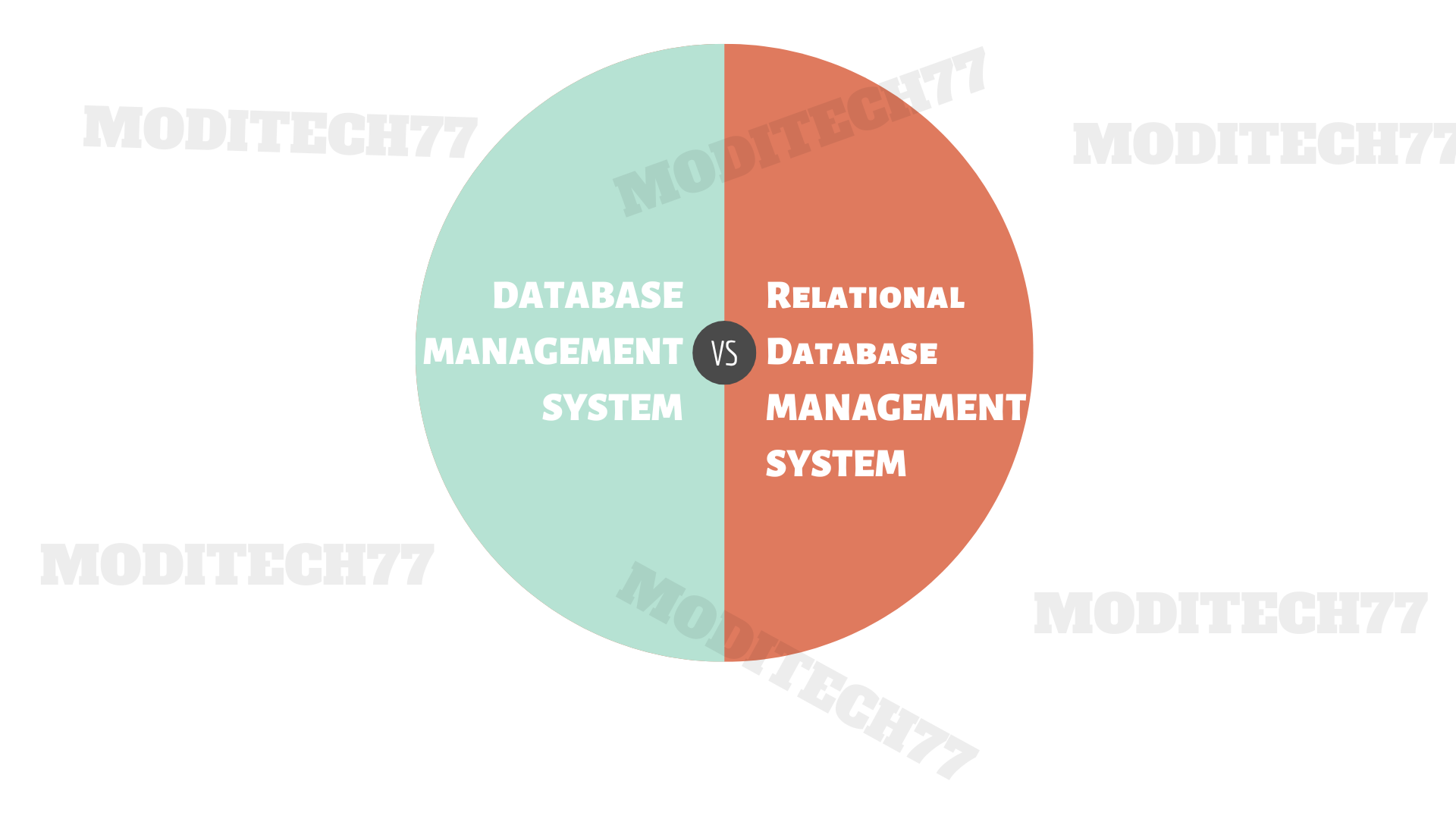RDBMS VS DBMS

| S.no. | RDBMS | DBMS |
|---|---|---|
| 1 | RDBMS Stands for Relational Database Management system. | DBMS Stands for Database Management system. |
| 2 | It stores data as table (rows and columns) format. | It stores data as a file format. |
| 3 | RDBMS supports the multiuser user at a time. | DBMS supports a single user only at a time. |
| 4 | RDBMS supports distributed database system. | DBMS does not support distributed database system. |
| 5 | It can handle a large amount of data. | DBMS can handle small amounts of data. |
| 6 | In RDBMS, there is a relation between data because it stores data as tabular form. | In DBMS, there is no relation between data because it stores data as a file. |
| 7 | In RDBMS, Normalization is achievable. | In DBMS, Normalization is not achievable. |
| 8 | Data redundancy can be minimized using indexes, key in this model. | Data redundancy is common in this model. |
| 9 | We can access multiple data elements in RDBMS using (SQL) query language. | We have to access each data element individually in DBMS. |
| 10 | It provides multiple levels of security. | DBMS provides less security. |
| 11 | Data fetching is the Higher speed for a large amount of data. | Data fetching is slower for a large amount of data. |
| 12 | Example:- Oracle, SQL server, MySQL, Postgre, Oracle, etc. | Example:- XML |
You might like this :-
○Codd's 12 Rules
○Types of computer
○Normalization in DBMS
○ACID Properties in DBMS